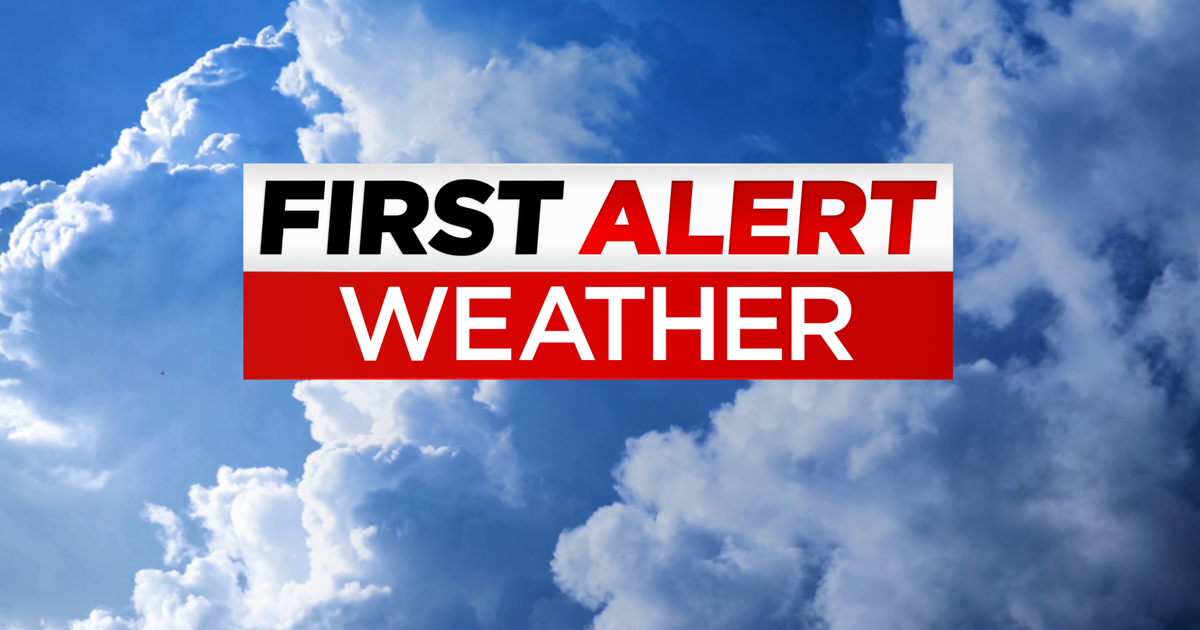Infra
NYC Transit System Approves Record $65.4 Billion Capital Program

(Bloomberg) — New York City’s transit system approved a $65.4 billion five-year spending plan to modernize aging infrastructure, with nearly half of that program in need of funding.
The board of the Metropolitan Transportation Authority, which oversees the city’s subway, bus and commuter rail lines, voted unanimously Wednesday to submit the 2025—2029 capital plan to state lawmakers in Albany for their authorization and to find the money for it. About half of the proposal — $33.4 billion — doesn’t have a funding source. Governor Kathy Hochul has promised to resolve that deficit.
The record capital budget — which is 27% more than the current program — will replace thousands of rail cars that are reaching the end of their useful life, modernize subway signals, renovate power substations and rehabilitate Grand Central Terminal’s more than 100-year-old trainshed. The improvements are necessary to maintain the system and attract more riders.
“Ultimately, the legislature’s got to figure this out with the governor,” Neal Zuckerman, an MTA board member and chair of its finance committee, said during Wednesday’s board meeting. “They’ve done it before — and the mayor for that matter — but they’re going to have to do it again because their job is the source of capital.”
Hochul last week said she would “fight to secure as much funding as possible,” including pushing federal lawmakers to support the MTA’s infrastructure projects.
The $65.4 billion will finance upgrades across the MTA’s transit and rail network. An additional $3 billion will fund bridge and tunnel projects, with tolls from those structures paying for that work.
It’s not just the next capital plan that needs funding. The MTA’s current capital budget has a $15 billion shortfall after Hochul in June paused a tolling initiative called congestion pricing that was going to support transit infrastructure. Public transportation advocates have been urging the governor to move forward with that tolling plan.
More than 90% of the 2025—2029 capital plan will repair and update core infrastructure to help maintain assets and improve service and reliability. That’s vital for low and moderate income riders who can’t afford to take taxis and for-hire vehicles to get around the city, said MTA board member David Jones, who serves as chief executive officer of the Community Service Society of New York, a not-for-profit organization that supports economic advancement.
“They’re almost entirely dependent upon this system to get to work, to school and to doctor’s appointments,” Jones said during the board meeting. “Without it, they can’t survive in this city.”
©2024 Bloomberg L.P.








